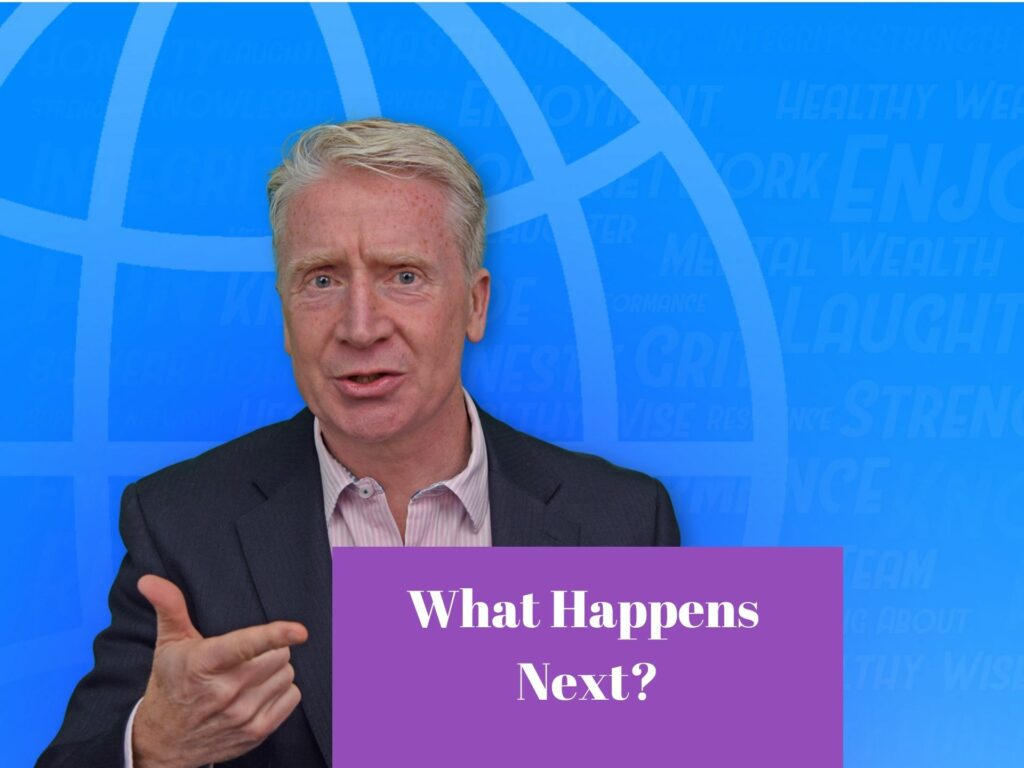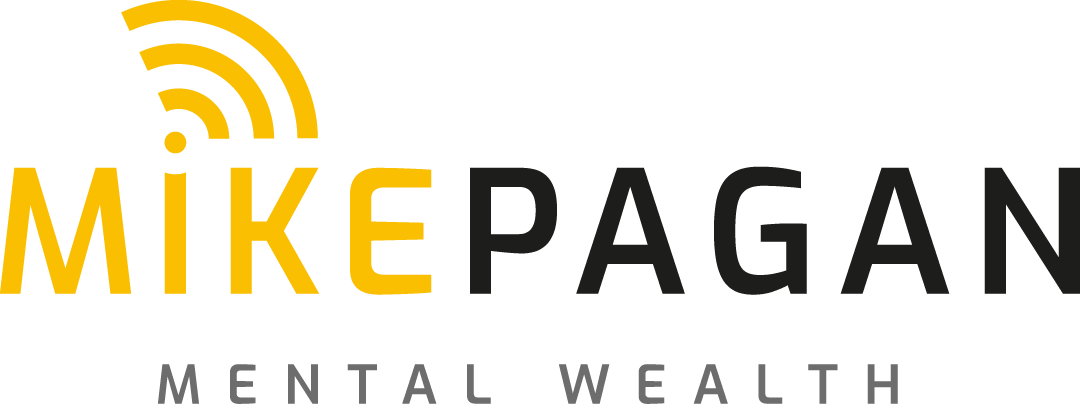
What Happens Next?
After over a year of lockdowns, isolation, furlough and uncertainty, what will happen next in your world? Overseas holidays may not be on the agenda yet, finances may be in a good state or desperately uncertain; what decisions are you going to make to help manage or improve your self-care? #MentalWealth.
What Happens Next?
There are said to be loads of opportunities on the horizon for businesses across the board; sadly, there are too many companies that are already broke with no money left in the bank. Many companies haven’t been delivering their services or products, which means nobody’s been paying them – it will feel like starting up again. Added to that, they can’t bring all the staff back from furlough because they won’t be able to pay them yet, which means the process of coming back out of lockdown will be slow.
Contrast that with the other members of staff in many companies who have worked throughout the whole of the pandemic, day in day out, while their colleagues and friends have been furloughed. They are knackered and burnt out, they’ve been flogging it all the way, just consider anyone connected to the health service as a starting point. You have two different extremes here: people will question if they are going back in the same department to the exact role or will everything have changed? As a proactive manager, leader, friend or colleague, how can you help those members of staff? How can you help others become stronger and feel supported?
Some roles will have disappeared entirely, and there won’t be a job to return to; redundancies are inevitable. Because of this, the workload will increase with a reduced workforce meaning there is potential for further burnout and fatigue. This all sounds very depressing. However there is an opportunity in being aware of what is likely to occur, how we can help people find work, improve their self-care and feel supported rather than isolated. When we’re too busy to look after other people, then we will miss the telltale signs of fatigue and people’s declining mental health.
Going forward from here, the workplace hybrid format will bring many opportunities and challenges. Organisations I’ve been working with are talking about having two days a week working in the office with three days from home. Some are considering making it mandatory that everybody comes in on a Friday, so they can actually have a little team spirit and bonding while building those personal relationships. For some being in an office 5 days a week is necessary for them or for their work, for others where flexibility is possible, the hybrid format will become the norm. A side bonus of this will be that rush hours and peak time traffic will be lighter, trains and tubes will be quieter!!
Managers will need to improve their skills, you cannot be managing individuals purely via Zoom and expect to get it right all of the time. A combination of face-to-face management, nurturing, coaching and support is necessary. Most people need help and support, there are very good managers and leaders who need help themselves asking better questions and, most importantly, hearing the answers or listening to the silences.
What can you do? Ask more questions, put the time aside to look after your colleagues and your contacts. We need to know who can make decisions, what support is available and how we can help them. Without taking a proactive approach to rebuilding our workforces and looking after our colleagues, there will be more issues and challenges ahead. This potential minefield of mental health could become a problem over the forthcoming months. Everyone is going to play a part in the inevitable changes in work practices and environments. Be patient, be aware, be observant, do what you can to help others and be kind. Make time to look after your mental wealth while looking out for others!

